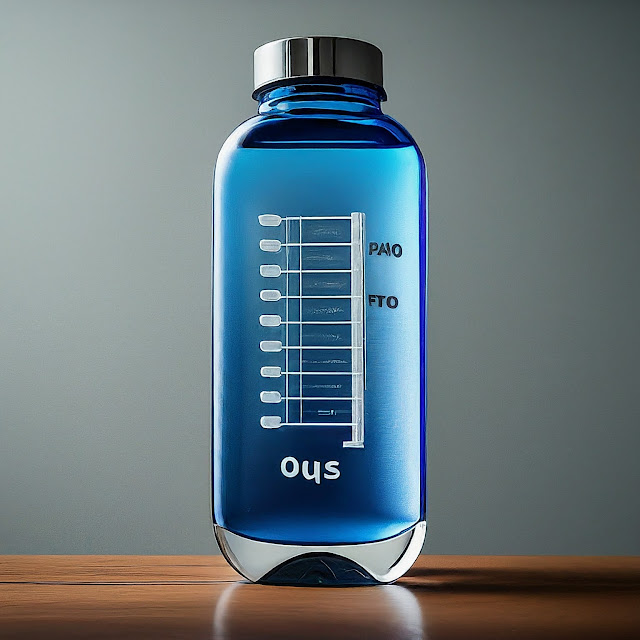We all know water is essential for life. But with the constant barrage of information online, it's easy to wonder, "How many ounces of water should I drink a day?" The answer, like most things in health, isn't a one-size-fits-all proposition. Your ideal daily water intake depends on various factors, and this comprehensive guide will help you determine the perfect "how many ounces of water should I drink a day" answer for your unique needs.
The Power of Hydration: Why Knowing "How Many Ounces of Water Should I Drink a Day" Matters
Water is the foundation of good health. It plays a crucial role in numerous bodily functions, including:
- Regulating Body Temperature: Water helps your body sweat, a vital mechanism for maintaining cool internal temperature during exercise or hot weather.
- Lubricating Joints: Water keeps your joints lubricated, promoting smooth movement and reducing the risk of stiffness or pain.
- Flushing Out Toxins: Water helps your body eliminate waste products through urine and sweat, promoting overall detoxification.
- Aiding Digestion: Water helps break down food particles and keeps your digestive system functioning smoothly.
- Boosting Cognitive Function: Dehydration can lead to fatigue, headaches, and difficulty concentrating. Proper hydration keeps your brain sharp and focused.
Beyond the Basics: Factors Affecting "How Many Ounces of Water Should I Drink a Day"
While the age-old advice of eight glasses (or 64 ounces) of water per day is a reasonable starting point, your individual needs might differ. Here are some factors to consider when determining "how many ounces of water should I drink a day":
- Activity Level: The more active you are, the more water you lose through sweat. Athletes and those who engage in strenuous exercise require more water than someone with a sedentary lifestyle.
- Climate: Hot and humid weather increases sweat production, necessitating a greater intake of water to stay hydrated. Conversely, cooler climates might require slightly less water.
- Overall Health: Certain medical conditions or medications can affect your body's fluid balance. Consult your doctor if you have any concerns or require personalized advice on "how many ounces of water should I drink a day".
- Body Size: Larger individuals generally have a higher water content and might require more water than someone with a smaller frame.
Listen to Your Body: Signs You Might Need to Adjust "How Many Ounces of Water Should I Drink a Day"
Your body has a remarkable way of communicating its needs. Here are some signs you might be dehydrated and need to adjust "how many ounces of water should I drink a day":
- Thirst: This is the most obvious sign of dehydration. However, don't wait until you feel parched to reach for water. Aim to drink throughout the day to prevent thirst.
- Fatigue: Dehydration can zap your energy levels and leave you feeling sluggish. Proper hydration can improve your energy and overall well-being.
- Headaches: Dehydration can trigger headaches, so staying hydrated can help prevent or alleviate them.
- Dark Urine: The color of your urine can be a good indicator of your hydration status. Dark yellow urine suggests dehydration, while pale yellow urine indicates adequate hydration.
- Dry Mouth and Skin: Dry mouth, lips, and skin can be signs that your body needs more water.
Reaching Your Hydration Goals: Tips for Drinking "How Many Ounces of Water Should I Drink a Day"
Once you've determined "how many ounces of water should I drink a day" for your needs, here are some tips to reach your hydration goals:
- Carry a Reusable Water Bottle: Having a reusable water bottle with you throughout the day serves as a constant reminder to sip on water. Aim to finish your bottle multiple times a day.
- Set Reminders: Use your phone's alarm or a hydration app to remind yourself to drink water at regular intervals throughout the day.
- Flavor it Up: Adding slices of lemon, cucumber, or berries to your water can enhance its taste and make it more appealing to drink.
- Snack on Water-Rich Foods: Fruits and vegetables like watermelon, cucumber, and celery have high water content and can contribute to your overall hydration.
- Track Your Intake: There are several hydration tracking apps available that can help you monitor your water intake and ensure you're reaching your daily goals.
.jpg)





No comments:
Post a Comment